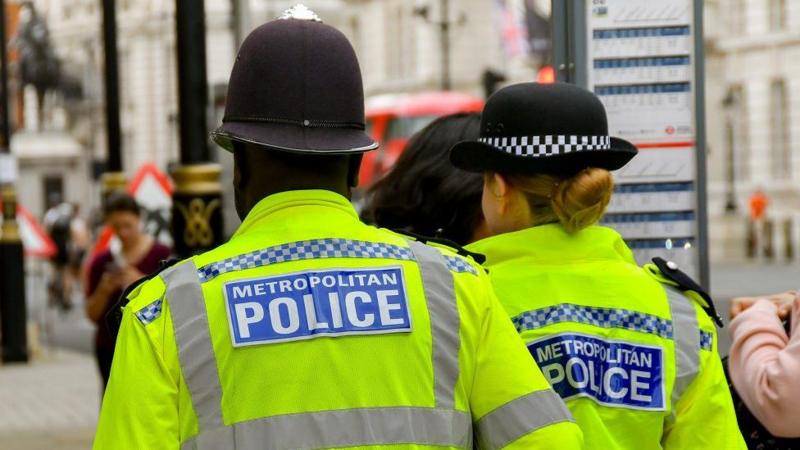Summary
The policing watchdog in the UK has suggested that police should stop recording non-crime hate incidents, which are acts motivated by prejudice but do not break the law. Key officials, including Sir Andy Cooke and Sir Mark Rowley, believe current rules place police in a difficult position and suggest revising the policy. There is a debate about whether such incidents interfere with free speech without addressing actual crime.
Key Facts
- Non-crime hate incidents are actions viewed as motivated by prejudice but do not constitute a criminal offense.
- Sir Andy Cooke, Chief Inspector of Constabulary, called for a stop to recording these incidents, suggesting a different way to gather intelligence.
- Such incidents became a focus following a police visit to a journalist over a social media post.
- Police guidance on recording such incidents began in 2005 after recommendations from the Stephen Lawrence case inquiry.
- Sir Andy advocates for allowing open speech without fear of legal repercussions unless it's criminal.
- Conservative voices have suggested scrapping these records to focus police efforts on more pressing issues.
- The Metropolitan Police chief also supports changes to the laws concerning these incidents.
- Public debate continues over balancing free speech with the need to monitor potential escalation of hate incidents.
